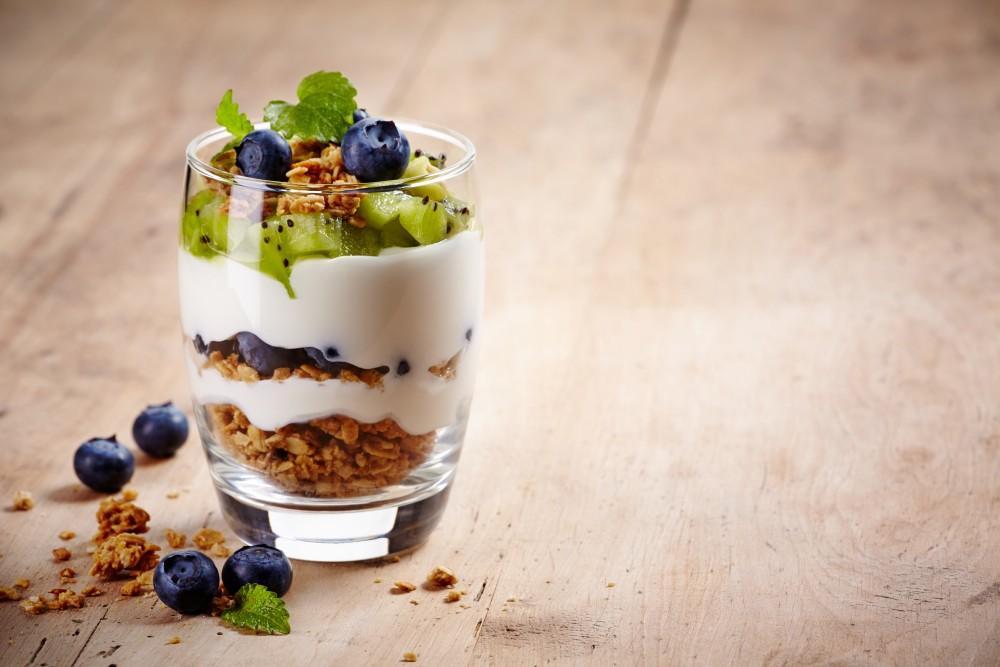
Having inflammatory bowel disease (IBD) inflammatory bowel disease as well as Crohn’s disease and ulcerative colitis in particular can frequently require you to think about what you eat. Snacks may supplement nutritional deficiencies and provide you with energy between the meals. However, it may be difficult to make the correct bite, particularly when experiencing a flare. Here are some of the simplest IBD-friendly snack recipes we'll provide in this guide: flare day snacks, low-residue snacks, and ulcerative colitis and Crohn's gut-friendly snacks. We will also list out the best snacks to take when one has inflammatory bowel disease and we will intermingle some professional advice given by Dr. Bharat Pothuri.
According to Dr. Pothuri, Smart snacking can supplement nutrients and keep you hydrated during a flare. Let's dive in.
When your stomach is inflamed, it can take in fewer nutrients and is sensitive to fiber. Snacks that slide well in your digestive system also called low-residue snacks as an IBD patient can alleviate pain.
Low-residue diet restricts foods that leave a high content of residual in the colon. It can:
The Mayo Clinic guide to a low-residue diet suggests decreasing intake of whole grains, nuts, seeds, and raw fruits or vegetables to calm your gut.
When you are struck by a flare, you desire soft, bland food, that digests easily. The following are among the top snacks to eat when having inflammatory bowel disease:
On extreme flare days, emphasize water and simple carbohydrates, writes Dr. Bharat Pothuri. The gut can be settled with a small cup of broth and applesauce.
As you feel a little bit better, you can add more snacks to your list. These gut-friendly foods may help with Crohn's and ulcerative colitis:
Lifestyle hint: Have snacks in your purse or on your desk at work. Store them in a cooler pack during the heat of Houston, this not only keeps them from becoming spoiled but also helps you keep track.
The following table provides a fast guide to comparing snacks in ease of digestion, nutrient content and portability.
| Snack Type | Ease of Digestion | Key Nutrients | Portability |
| Applesauce | High | Vitamin C, simple carbs | High |
| Plain Greek Yogurt | Medium-High | Protein, calcium | Medium |
| Saltine Crackers | High | Simple carbs, sodium | High |
| Mashed Banana | High | Potassium, simple sugars | High |
| Bone Broth | Very High | Collagen, electrolytes | Low (liquid) |
| Pureed Carrot Soup | Very High | Vitamin A, antioxidants | Low (liquid) |
| Protein Shake (low-lactose) | Medium | Protein, vitamins | Medium |
| Nut Butter Rice Cakes | Medium | Healthy fats, carbs | High |
| Pudding Cups (lactose-free) | High | Calcium, calories | Medium |
| Mashed Avocado on White Toast | Medium | Healthy fats, fiber | Medium |
In Houston, you can find numerous local markets. Look for:
Dr. Pothuri includes, Reading labels. No added seeds or dried pieces of fruit or sugars to feed gut bacteria too fast.
Seek medical advice. Authoritative information is found in the Crohn, and Colitis Foundation as well as the NIH Digestive Diseases program.
It takes planning, reading labels, and trial and error to find the best snacks that people with inflammatory bowel disease can enjoy. Low-residue snacks to use with IBD patients and simple IBD-friendly snack ideas to use on a flare day can help you to be ready and comfortable even when you are experiencing a rough day. And in Dr. Bharat Pothuri's words, snack smart, snack small and monitor what you do well.
It should be easier to stock up your pantry and fridge with these gut-friendly snacks. Locally in the marts of Houston, or on the internet, you have a variety of choices that are good, healthy and convenient enough.
Your snacking will be easy, fruitful, and bring a bit of snacky happiness on a good day and a flare day, by making the right snacks, loose them, or getting them at Houston markets.
A low-residue snack has very little fiber and undigested contents. It decreases the amount of stool and facilitates digestion.
As a rule no. Nuts and seeds are high-fiber and may soothe the gut. Instead try creamy nut butter.
Strive to eat small amounts every 2-3 hours. This will maintain your energy levels and not overload your system.
Yes, pealed fruits, lactose-free yogurt, and not seeds. Blend thoroughly.
Gradually resume soluble fibers, such as oats and peeled fruit. Watch for symptoms.
Read labels. Avoid excess seeds, entire grains and sugar alcohols. Find low-residue or easy-to-digest.
Not always. Experiment with lactose-free or low-lactose dairy. Plain Greek yogurt can generally do the trick.
Store a small container of applesauce cups or nut butter and rice cakes in your bag to eat when you get stuck in the traffic.
Yes. They substitute minerals that are lost through diarrhea. Choose low-sugar options.
In case snacking becomes painful, continues to diarrhea or bleed, contact your gastroenterologist immediately.